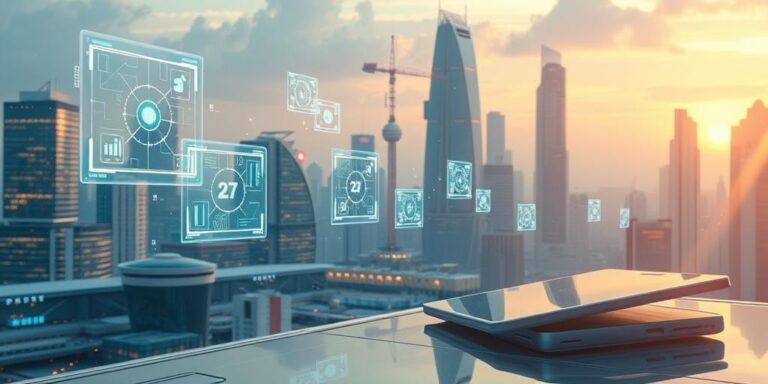The Operating Systems of 2030: Smarter, Lighter, More Secure
Operating systems are the unsung heroes of our digital lives. They manage hardware, run applications, and provide the interface through which we interact with technology. As we look towards 2030, it’s clear that OSs will undergo significant transformations, becoming smarter, lighter, and more secure.
Smarter: AI Integration
By 2030, AI will be deeply integrated into operating systems. Expect to see:
- Predictive Resource Management: AI will optimize resource allocation based on usage patterns, ensuring smooth performance.
- Enhanced Security: AI-driven threat detection will identify and neutralize malware in real-time, offering proactive protection.
- Personalized User Experience: The OS will adapt to individual user preferences, providing customized interfaces and workflows.
Lighter: Microkernel Architectures
Bloated operating systems are a thing of the past. Future OSs will embrace microkernel architectures:
- Modularity: Essential services run in the kernel, while others operate in user space, reducing the attack surface and improving stability.
- Resource Efficiency: Streamlined codebases result in faster boot times and reduced memory footprint.
- Cross-Platform Compatibility: A lightweight core facilitates easier porting across various devices, from IoT gadgets to high-performance servers.
More Secure: Zero-Trust Security
Security will be paramount, with operating systems adopting a zero-trust approach:
- Continuous Authentication: Users and devices are constantly verified, minimizing the risk of unauthorized access.
- End-to-End Encryption: Data is encrypted at all stages, protecting it from interception and tampering.
- Immutable Infrastructure: Core system files are write-protected, preventing malware from gaining persistence.
Conclusion
The operating systems of 2030 promise a smarter, lighter, and more secure computing experience. By leveraging AI, embracing microkernel architectures, and implementing zero-trust security, these future OSs will be well-equipped to handle the challenges and opportunities of an increasingly digital world.




